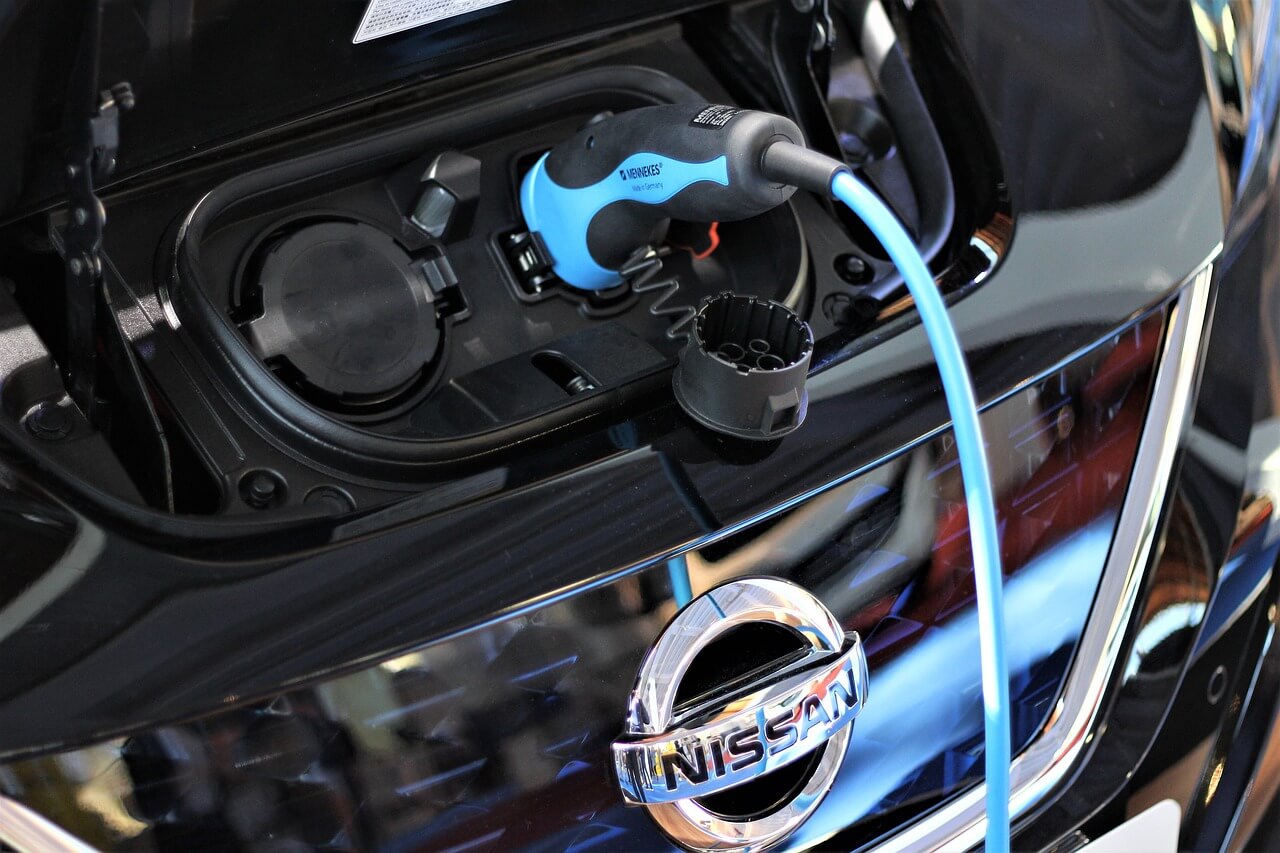4 Things to Know about the Nissan Leaf EV

The Nissan Leaf, as the carmaker explains, does very simple things amazingly. It integrates technology that delivers outstanding comfort to its driver and passenger. As if all of that isn’t enough to get anyone excited, you can also expect to gain significant cost savings over time with the more efficient Nissan Leaf charger. Some of our favourite features are listed below if you’re interested in hearing more about this highly demanded EV.
Ultimate Convenience with ProPILOT Assist:
Nissan’s ProPILOT Assist is an autopilot tech that takes the driver’s place on the road. The vehicle will brake for you, steer for you, change lanes without your command, and switch between high and low beams when other cars are near. It not only pays attention to other cars, but pedestrians as well. You can provide valuable feedback to the manufacturer if something doesn’t work as intended. Should you need to disable ProPILOT, that’s possible too.
Drive Safe:
The Nissan Leaf comes with six standard airbags and other appealing safety features to keep you and everyone else in the vehicle safe. With Vehicle Dynamic Control, brake pressure is automatically applied on the wheels by analysing your current speed as well as your steering and braking. This technology will then self-adjust based on the given factors, and appropriate brake pressure is applied to the wheels to help compensate for oversteering or understeering.
Enjoy Sufficient Range:
The Nissan Leaf is an impressive EV that offers a range of up to 363 km with a Nissan Leaf charger, although that number will vary depending on terrain and other factors. The vehicle has a battery which is big enough to offer adequate power along with a 160 kW of motor output, so every time you get behind the wheel, you can expect to drive with comfort.
One feature worth noting is the car’s ECO mode that optimises the motor output for longer driving distances. Via this system, active regenerative braking is slightly increased to improve the range. For even more driving distance, Nissan implements B-Mode that will help reverse charge the battery!
Recharge Anytime, Anywhere:
Keeping the Nissan Leaf charged is a breeze. You can either head to your home and connect it up via a Nissan Leaf home charger overnight or take it to one of the many charging stations and plug it in for just one hour. Home chargers typically take eight hours to charge fully. With quick charge, top off at 80% capacity within one hour, and you already have enough energy to travel 35 kilometres. With updated battery technology, Nissan claims that you’ll have more than enough juice left over than ever before!
Nissan Leaf’s superior battery technology provides convenience for customers by maximising the vehicle range. This should convince anyone to purchase the EV. Contact the experts if you are interested, and don’t forget to install Nissan Leaf charging stations with the help of the experts!


